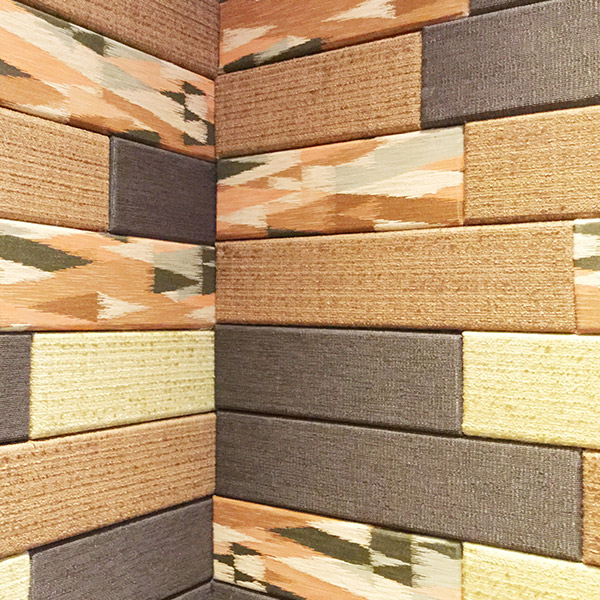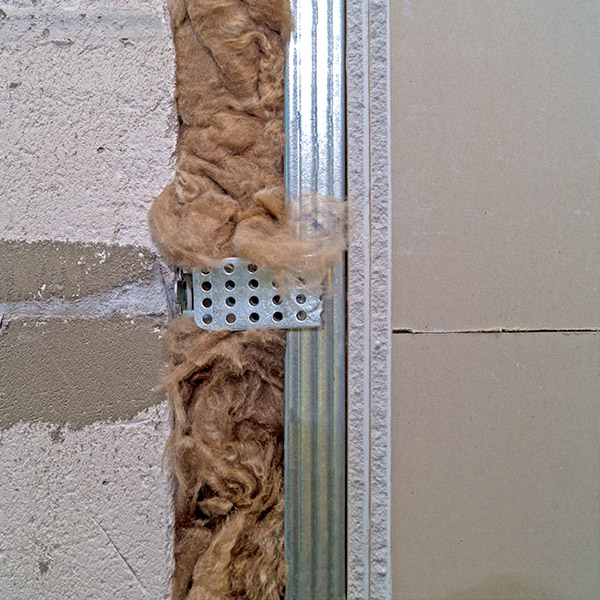Find a local soundproofing specialist
Having problems with unwanted noise? Soundproofing could be the answer. Find out all you need to know about hiring a local soundproofing specialist.
Post your job for free. Read reviews, get quotes, and see tips on hiring the right person.
Browse Sound Proofing specialists
Take a look at our Sound Proofing specialists profiles, read reviews and request quotes directly.
Acoustic and sound proofing companies near you – Rated People
Soundproofing uses various methods to block or absorb unwanted noise.
You may want to soundproof your property to stop external noise from neighbours or traffic. Or, you might want to stop noise leaking out of your property, if you like to play loud music for example. Soundproofing can also help reduce noise between different rooms in a property.

Soundproofing won’t completely wipe out unwanted noise, but it can significantly reduce it.
How much does soundproofing cost?
The cost depends on the scale of the work you’re having done. The average cost of soundproofing a single wall can range from £800 to £1,600.
What does soundproofing involve?
It depends on the type of noise you need to block, where it’s coming from and how much of it you want to block out.
There are 2 basic types of noise: airborne noise describes sounds like voices and music. Impact noise is the sound of something hitting something else, like a door slamming or a drill going through paving. More extensive work may be needed to deal with this type of noise.
Windows, floors and ceilings are where noise problems tend to arise, particularly in flats.
Ways of dealing with noise can include:
- Double or triple glazing – this can help block sound from entering and escaping, especially if combined with good sealants around the windows.
- Secondary glazing
- Doors – a solid wood door will help block out unwanted sound.
- Carpeting – putting down good-quality carpets, combined with noise-reducing underlay, can help absorb sound, stopping it from travelling from upper floors.
- Silicone caulking – this seals up gaps in your walls that sound can travel through.
- Acoustic panels and acoustic tiles – these can be attached to ceilings or walls to absorb noise.
- Double walls and lowered ceilings – these work by creating a cavity between the lowered ceiling and the real ceiling, in which sound is absorbed. They’ll reduce the space in your property, but not necessarily by much.
Find out more about how to soundproof your property
What causes problems with noise?
Many older homes weren’t built with modern pastimes in mind – like watching TV and listening to amplified music, while some modern homes are poorly insulated.
In 2003 regulations came into force to ensure new-builds and conversions have an approved level of sound insulation. If you live in an older property, however, soundproofing could be the answer.
What materials are used in soundproofing?
A wide range of materials can be used to block and absorb sound including mass loaded vinyl (MLV), foams, rubber and specially designed plasterboard.
All materials are given a Sound Transmission Class (STC) rating depending on their ability to block sound, and a Noise Reduction Coefficient (NRC) rating or Sound Absorption Average (SSA) to show their noise absorption.
Softer materials generally absorb more sound than harder materials. So if you want to reduce the amount of sound coming from your flat, go for carpet rather than laminate.
What qualifications does your soundproofing specialist need?

Different types of tradespeople can carry out soundproofing work, depending on what you need, so you won’t be looking for a specific qualification.
Here are a few questions you should ask of your tradesperson:
- Are they specialists in soundproofing rather than general building?
- Can they give you examples of when they’ve solved a problem similar to yours?
- What warranty do they provide?
Do you need planning permission for soundproofing?
It depends on what you’re having done and where you live. For example, you may need permission to change your windows if you live in a conservation area. For more information see the Planning Portal website
What about insurance for soundproofing?
As with all building work, you’ll need to check your tradesperson has full public liability insurance. This covers them if someone is injured or property is damaged because of the work.
Get our app for homeowners
- Send messages and get notifications from tradespeople
- Add photos to get more accurate quotes
- View tradespeople's profiles